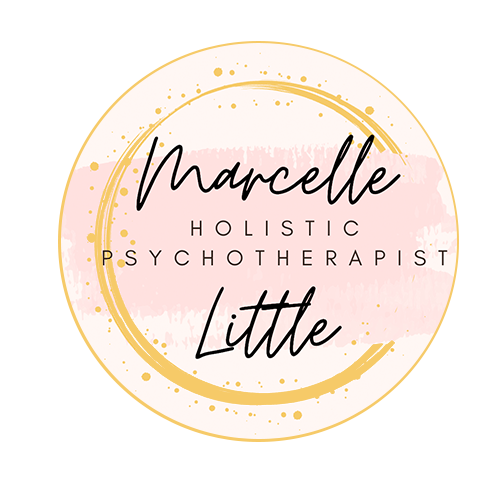The Journey to Connection: Depression Counseling in San Francisco and Beyond
In today's fast-paced world, where technology keeps us glued to our devices and a constant stream of information bombards us, depression is on the rise—especially since the COVID-19 pandemic. In my individual practice, I specialize in working with issues of codependency, people pleasing, anxiety in relationships, women's issues, and life transitions. I offer virtual sessions to support adults primarily in the Bay Area and Los Angeles, California.
Understanding Depression and Its Impact
Depression is much more than just a temporary feeling of sadness—it often conceals deeper emotional challenges. For many, the relentless pressure of modern life, amplified by our constant digital connectivity, can intensify feelings of isolation, overwhelm, and burnout. The overload of global news, social comparisons, and information has left many of us struggling to find balance. In my experience, these stressors can merge with longstanding patterns of codependency and people pleasing, leaving a part of oneself deeply burdened by depression.
The Role of Counseling in Recovery
My approach to psychotherapy is deeply informed by parts-work—a method that helps uncover and understand the different parts of ourselves, including the part that feels depressed. This orientation, combined with Eye Movement Desensitization and Reprocessing (EMDR), offers a powerful way to process trauma and alleviate the symptoms of depression. By exploring the various facets of your inner experience, we work together to untangle the emotional threads that contribute to your distress.
For clients facing treatment-resistant depression, I have partnered with a renowned treatment center in Los Angeles—the Wilshire Institute—to offer Eskatmine therapy. When integrated with EMDR and a parts-work informed approach, this protocol can be especially effective in opening new pathways to healing.
Navigating the San Francisco, California Landscape
While San Francisco has long been recognized for its innovative mental health initiatives, my services extend across the Bay Area and Los Angeles. Through virtual sessions, I ensure that specialized support is accessible—even if you're juggling a busy schedule or prefer the comfort of home. This approach is designed to address not only depression but also the underlying issues, such as the impact of technology overload and the unique pressures faced by women during major life transitions.
The Impact of Technology on Mental Health
The digital age has revolutionized our lives, but it has also introduced new stressors. Our brains are not built to handle the constant influx of notifications, global crises, and endless social media updates. This continuous exposure can overwhelm our natural capacity to process emotions, often leading to increased anxiety and depression. Research from organizations like the National Institute of Mental Health and the Centers for Disease Control and Prevention (CDC) highlights how these factors, compounded by the isolation of the COVID-19 pandemic, contribute to rising rates of depression.
Beyond San Francisco: Finding Hope and Connection
The journey to connection through depression psychotherapy is about more than just managing symptoms—it’s about reclaiming your sense of self and nurturing the relationships that matter most. By integrating a parts-work informed approach with EMDR and innovative treatment protocols like Eskatmine, I offer a pathway that addresses both the surface symptoms and the deeper, hidden parts of your experience.
If you're ready to explore a new path toward healing and resilience, consider scheduling a virtual session with me. Together, we can work to untangle the complexities of depression and foster a future filled with connection, understanding, and hope.
Resources & References
Wilshire Institute for Eskatmine Therapy: Discover more about Eskatmine and its role in treating resistant depression at wilshireinstitute.com.
National Institute of Mental Health: Learn about the impacts of technology and modern stressors on mental health at nimh.nih.gov.
Centers for Disease Control and Prevention: Access resources on mental health challenges during COVID-19 at cdc.gov/mentalhealth/covid19.

